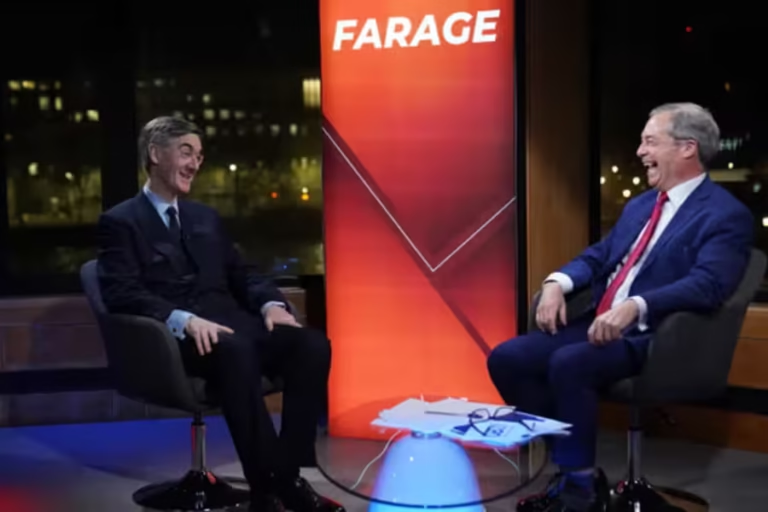The UK government is preparing to introduce measures aimed at limiting the additional income MPs earn from lucrative media contracts. This move is part of a broader effort to address growing public concerns about conflicts of interest and the reputational risks posed to parliament. The proposed reforms, led by Lucy Powell, Leader of the House of Commons, will be discussed during a meeting of the all-party standards committee on Tuesday. The goal is to restore public trust by ensuring MPs prioritize their roles as public servants over personal financial gain.
The issue has come to light due to high-profile examples of MPs earning substantial sums through media roles. Reform UK’s Lee Anderson declared an annual income of £100,000 for just eight hours a week as a presenter on GB News, while former Conservative MP Jacob Rees-Mogg earned over £300,000 in the year leading up to his departure from parliament. Labour’s David Lammy also reported earning £243,800 between 2019 and 2023, including £99,300 from hosting a radio show on LBC. Reform UK leader Nigel Farage has similarly faced criticism for earning £189,300 annually as a “brand ambassador” for a gold bullion company, alongside a monthly salary of £98,000 from GB News.
These examples highlight the growing concerns over MPs leveraging their parliamentary positions for personal financial benefit. Powell emphasized the importance of addressing these issues, stating that “trust in politics is depressingly low, as people see parliament as remote and out of touch.” She added that the role of an MP should focus on public service rather than monetizing their position. Powell made it clear that the reforms aim to evaluate the broader implications of paid media roles and exclusive contracts, rather than targeting individuals.
The government has already taken steps to curb outside earnings. In its early days, it banned MPs from being paid for offering advice on public policy or parliamentary processes. However, media contracts and other high-profile roles remain a lucrative avenue for many MPs. While their base salary stands at £91,346, several MPs have managed to significantly boost their earnings through additional work.
The proposed reforms aim to strike a balance between allowing MPs to engage with the media as part of their duties and ensuring their primary focus remains on serving the public. Powell stressed that this is about setting consistent rules for all MPs and safeguarding the integrity of parliament. She added that some MPs, such as doctors or lawyers, bring valuable expertise to parliament, but any outside roles should not overshadow their responsibilities to their constituents.
The government is seeking cross-party support for the proposals, with plans to present them to the House of Commons once consensus is achieved. Powell underscored the importance of collaboration, stating that all MPs have a vested interest in maintaining public trust and rebuilding the reputation of parliament. The all-party modernization committee, established after last year’s general election, is working alongside the standards committee to explore new ways to enhance accountability and effectiveness in parliament.
As discussions progress, the proposed measures are likely to spark debate about the balance between MPs’ professional freedoms and their responsibilities to the public. While the reforms may face resistance, they represent a critical step toward addressing public dissatisfaction and ensuring transparency in MPs’ conduct. By targeting media contracts, the government aims to align MPs’ behavior with public expectations, reaffirming the principle that public service should remain at the heart of political life.
The outcome of these reforms could mark a significant shift in how MPs manage outside interests, setting a new standard for accountability and ethical conduct in UK politics. As the government moves forward with these proposals, the focus remains on restoring trust and ensuring parliament serves the public as it was intended.

